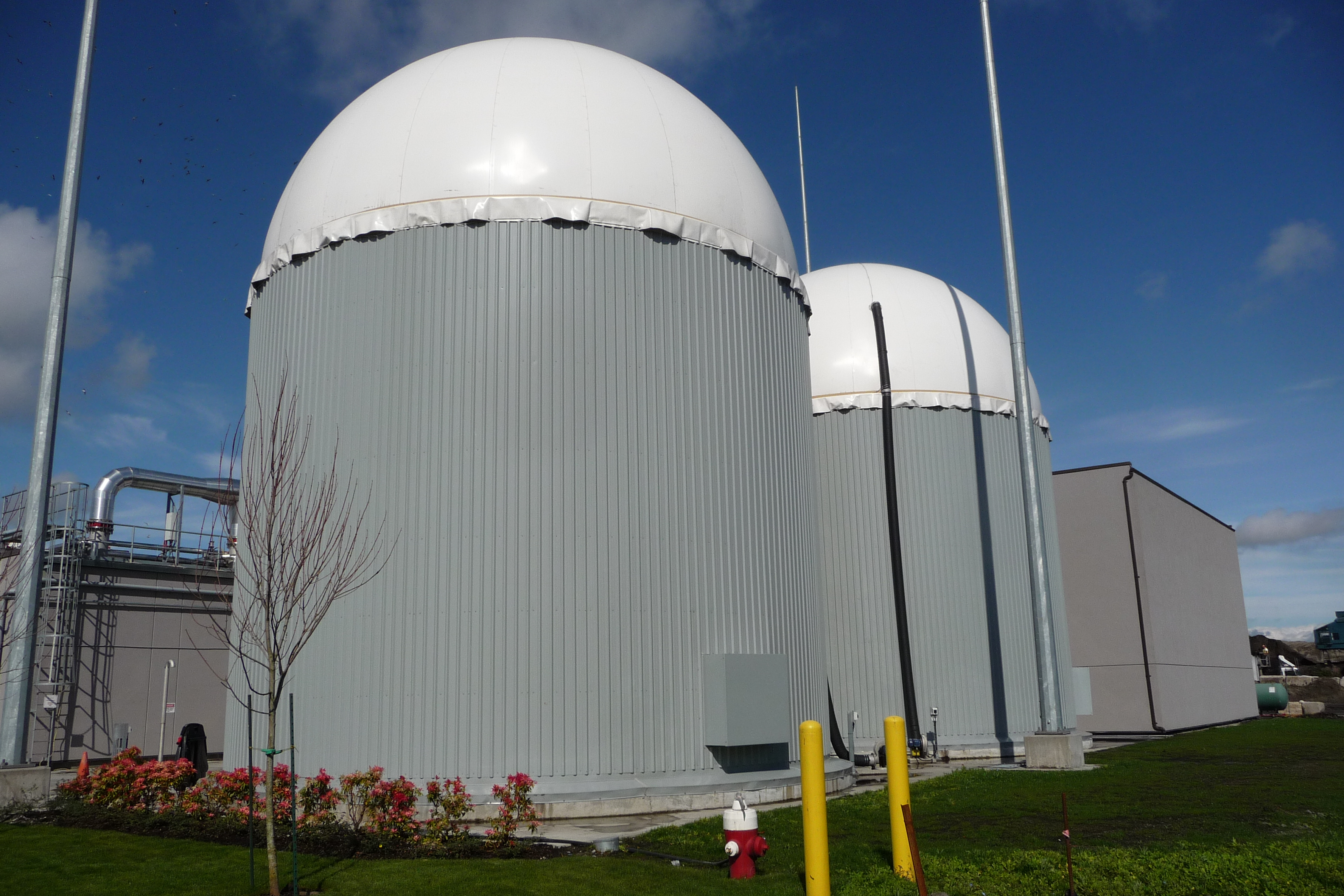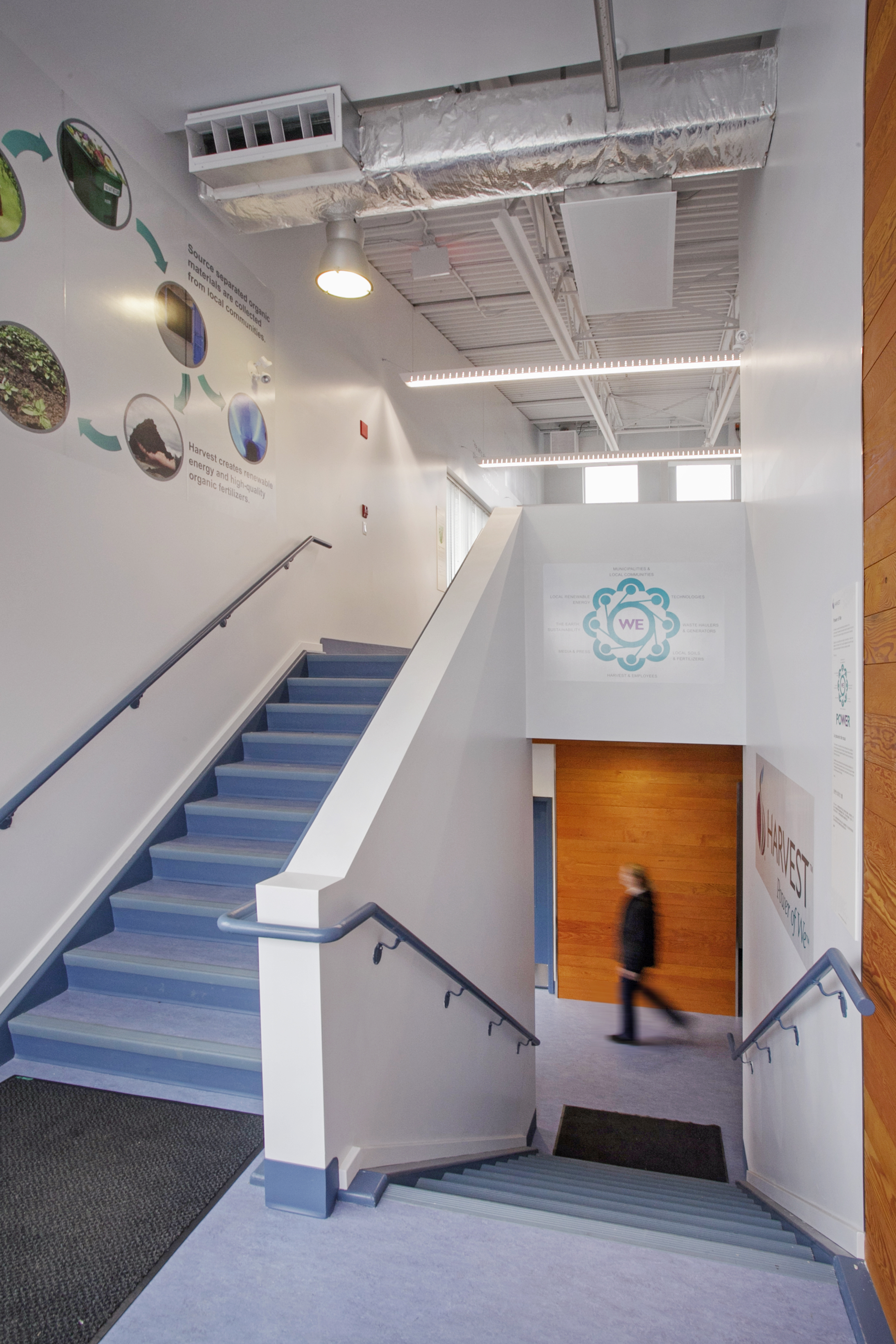Harvest Energy Garden and Composting Facility
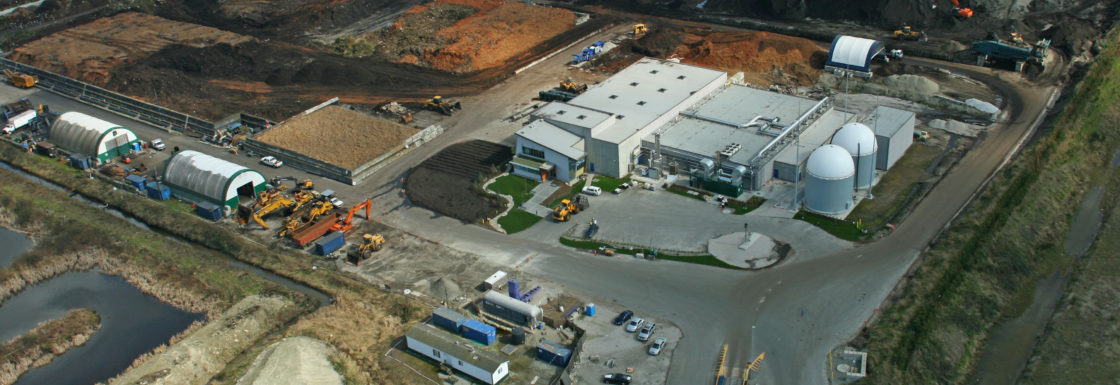
Projects Sponsor
Similar to most municipalities in North America, the Metro Vancouver region faces five interlocking issues in regards to waste management:
- Landfilling has been identified as an unsustainable practice due to their far distances from populated centers; the high and steadily increasing costs associated with their operation; limited fill capacity; and the generation of methane gases from organic waste that future generations will have to manage.
- Recycling goals associated with the Zero Waste Challenge cannot be met using only current diversion strategies.
- Communities are seeking sustainable alternatives to fossil fuels.
- Farms, gardens, nurseries and stormwater control projects demand high-quality, nutrient-rich soil and compost products.
- The region has set aggressive targets for reducing greenhouse gas emissions.
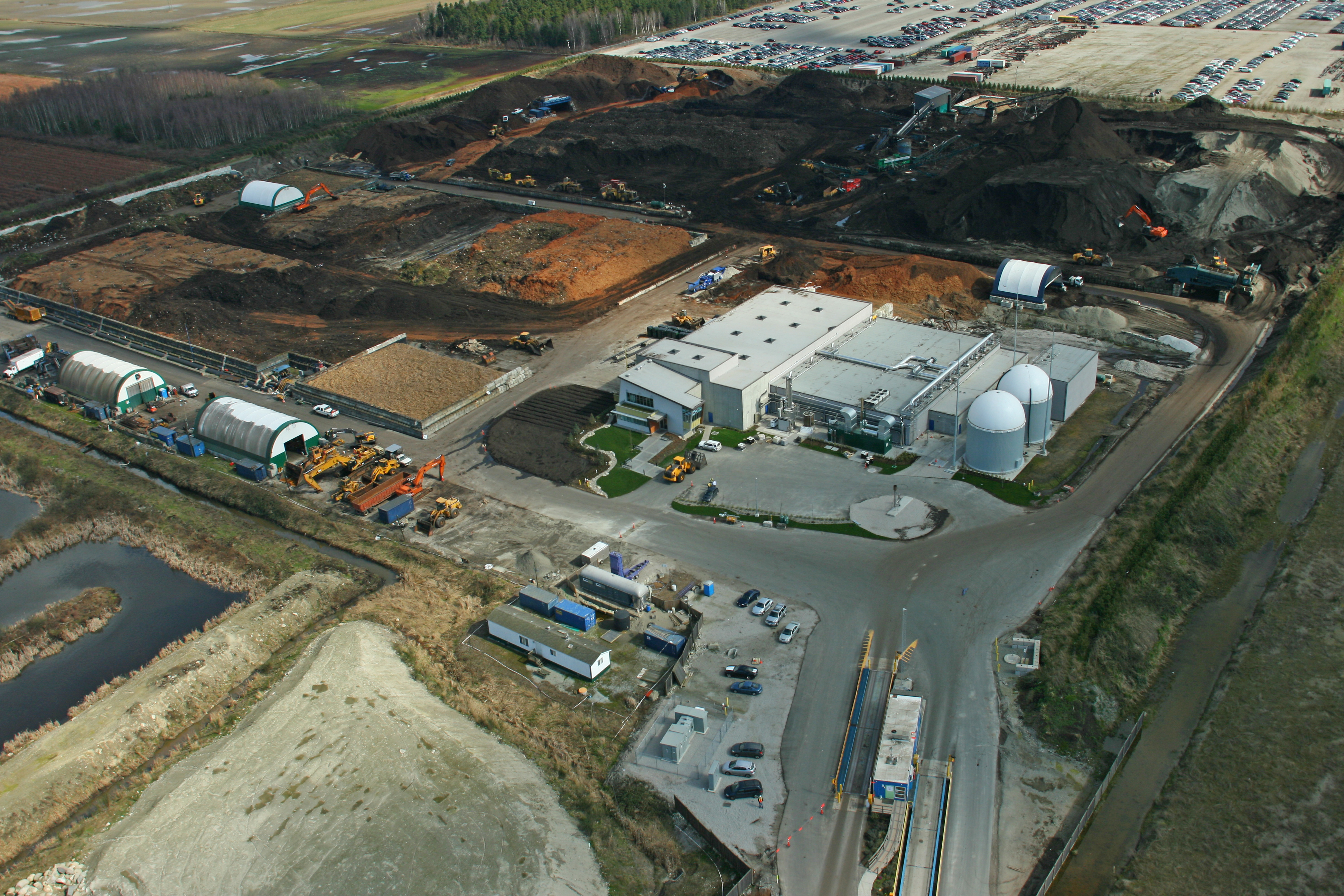
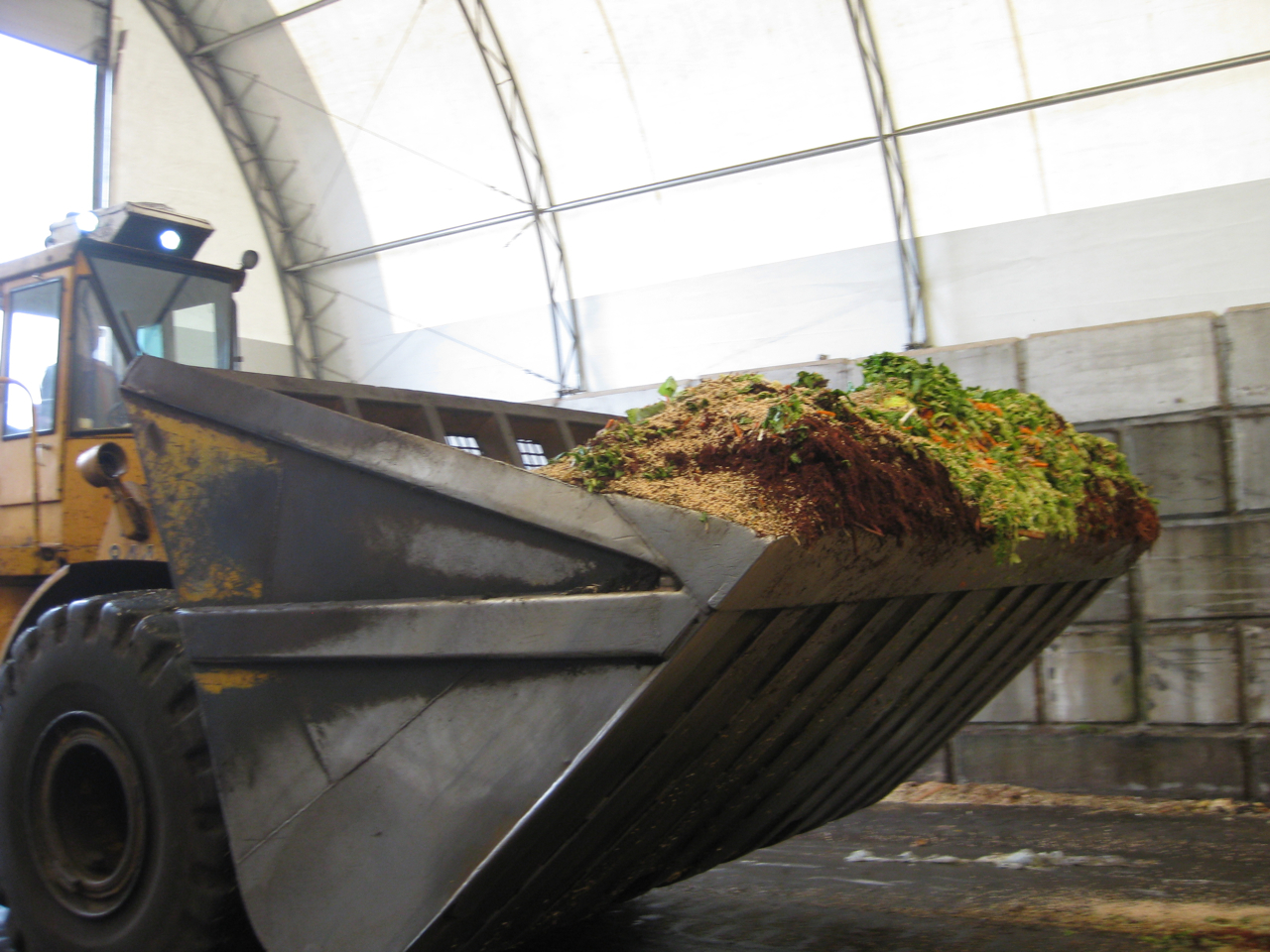
Harvest sits at the intersection of these issues with a solution: harness the full carbon, energy and nutrient potential of organic materials. Through our anaerobic digestion and composting technologies at the Harvest Energy Garden and Composting Facility, we enable the Metro Vancouver region to increase its energy independence, reduce its environmental impact and revitalize the soil.
The project produces 60 cubic meters (m^3) of natural gas (methane) per tonne of organic waste, for an annual total of 1.8 million m^3 of methane or 18 MWh combined heat and power. Diverting this waste from a landfill, where the methane escapes into the atmosphere, results in approximately 23,000 tonnes of CO2 equivalent avoided per year.
